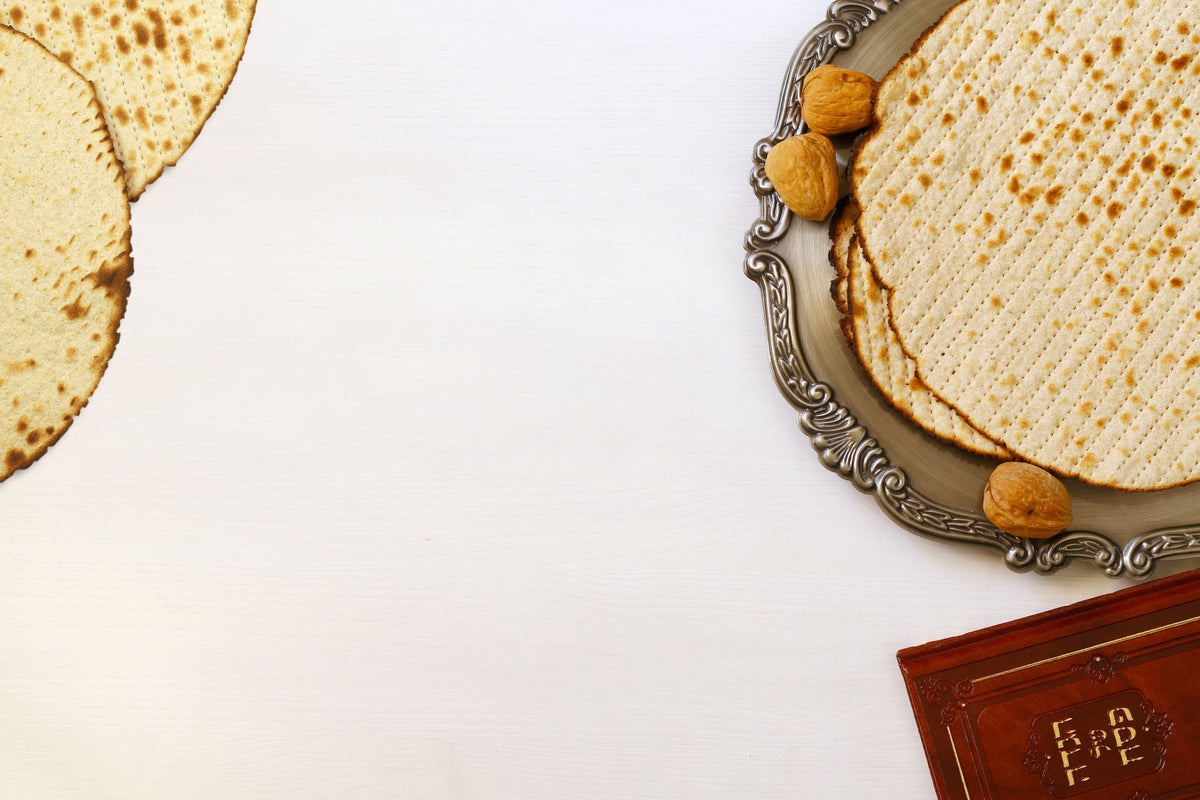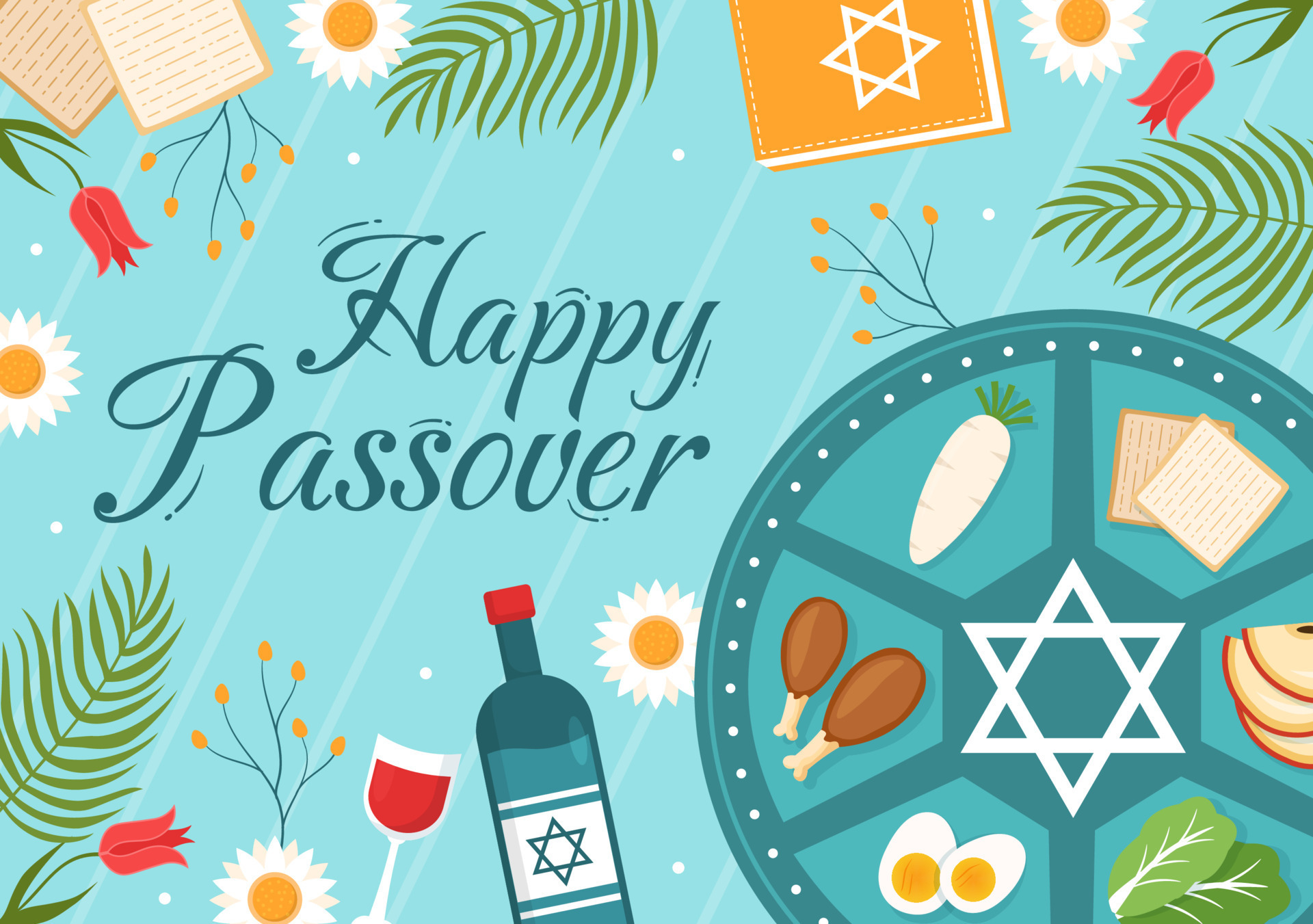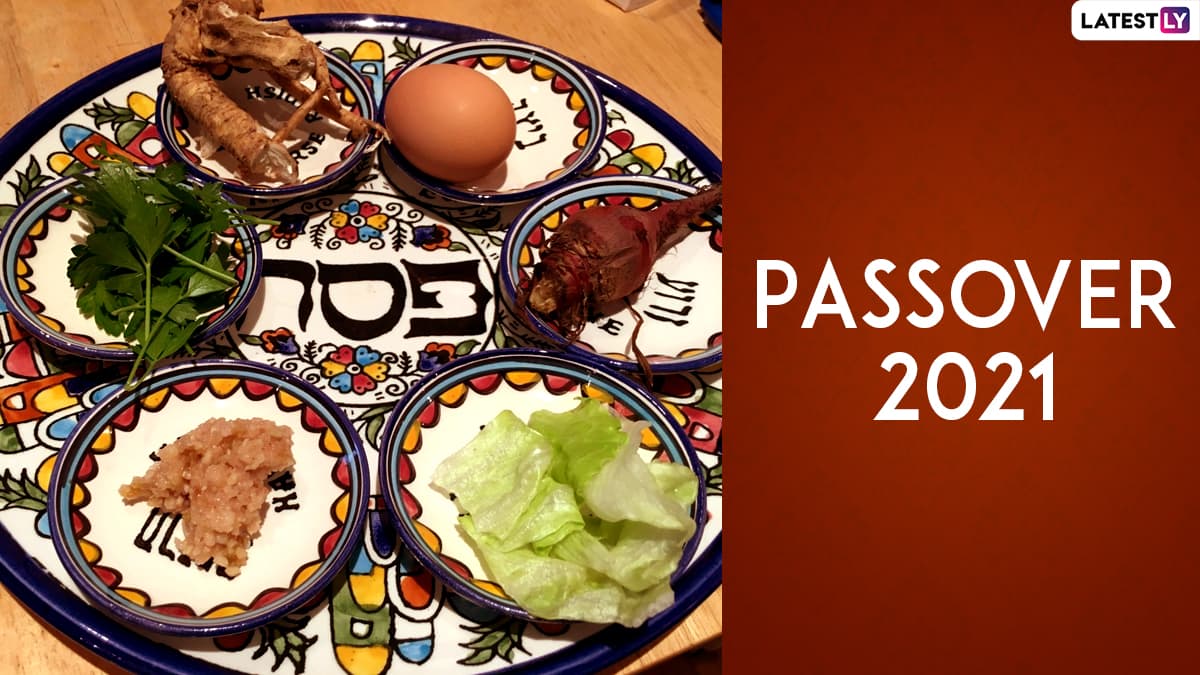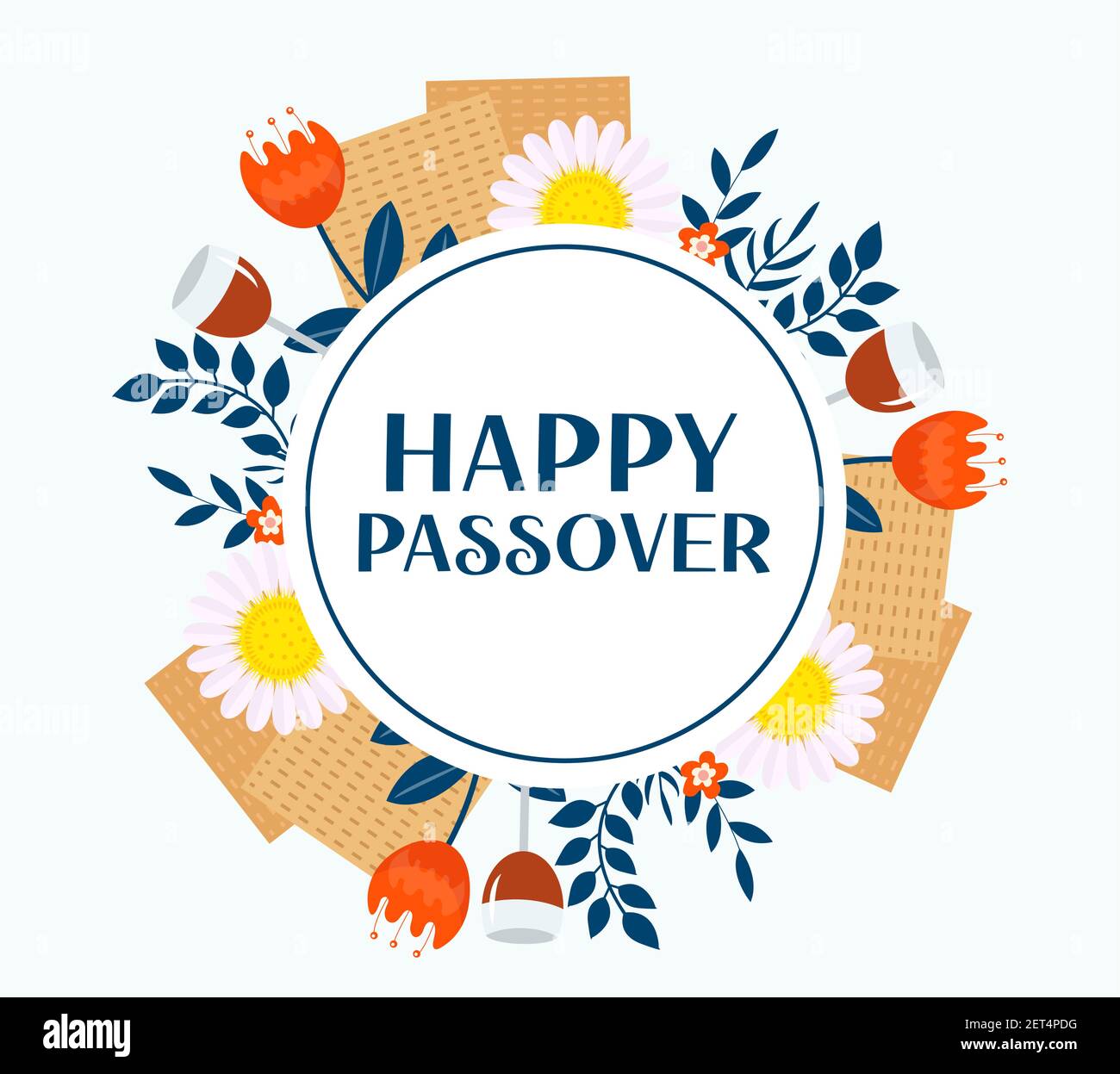
As the world prepares to commemorate one of the most significant events in Jewish history, Passover 2025 is just around the corner. This ancient holiday, steeped in tradition and rich in symbolism, has been a cornerstone of Jewish culture for millennia. But have you ever wondered what Passover is all about, and when this revered celebration first began? In this article, we'll delve into the history and significance of Passover, exploring its origins, customs, and enduring importance in the Jewish faith.
A Brief History of Passover
Passover, also known as Pesach, is a week-long holiday that commemorates the Israelites' liberation from slavery in ancient Egypt. The story of Passover is deeply rooted in the Hebrew Bible, where it is recounted in the book of Exodus. According to the biblical account, the Israelites were enslaved in Egypt for over 400 years, subjected to forced labor and brutal treatment. However, under the leadership of Moses, they were eventually freed by God, who inflicted ten plagues upon the Egyptians, culminating in the death of every firstborn son.
The Israelites, having been instructed to mark their doorposts with the blood of a lamb, were spared this fate, and thus, the name "Passover" was born. This miraculous event marked the beginning of the Israelites' journey to the Promised Land, and it has been celebrated by Jews around the world ever since.
When Did Passover Start?
The exact date of the first Passover is unknown, but it is believed to have occurred around 1300 BCE, during the reign of the Pharaoh Ramses II. The holiday has been observed by Jews for over 3,000 years, with its traditions and customs evolving over time. In the Jewish calendar, Passover begins on the 15th day of the month of Nisan, which usually falls in March or April in the Gregorian calendar.
Passover Traditions and Customs
Passover is a time of great joy and celebration in the Jewish community, marked by a range of unique traditions and customs. Some of the most notable include:
The Seder: A ritual feast held on the first night of Passover, where families gather to retell the story of the Exodus and eat symbolic foods, such as matzah (unleavened bread) and charoset (a sweet paste made from apples and nuts).
Matzah: The eating of matzah is a central aspect of Passover, commemorating the Israelites' hasty departure from Egypt, during which they had no time to let their bread rise.
Passover Cleaning: In the weeks leading up to Passover, Jewish households undergo a thorough cleaning, removing all traces of chametz (leavened products) from their homes.
As Passover 2025 approaches, Jews around the world will gather to celebrate this momentous occasion, honoring the bravery and resilience of their ancestors. Whether you're Jewish or simply interested in learning more about this fascinating holiday, Passover offers a unique opportunity to connect with history, culture, and community. So why not join in the celebration, and discover the rich significance of Passover for yourself?
By understanding and appreciating the history and traditions of Passover, we can gain a deeper insight into the Jewish faith and its enduring importance in modern times. As we look forward to Passover 2025, let us remember the power of freedom, the importance of community, and the unbreakable bond between past and present.






:max_bytes(150000):strip_icc()/when-is-passover-GettyImages-1390587476-a57cd8bd53fc4df49403d7d70e08c6cb.jpg)


